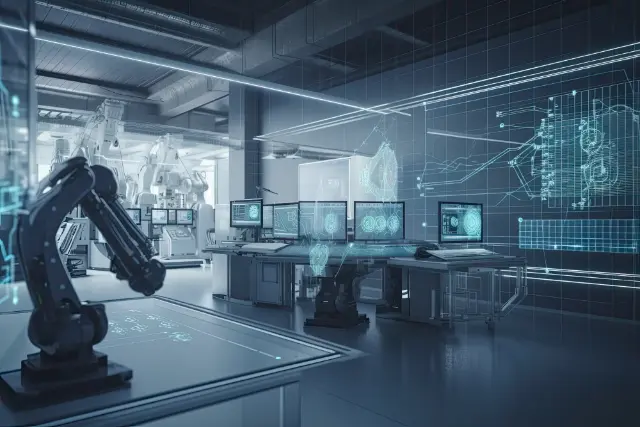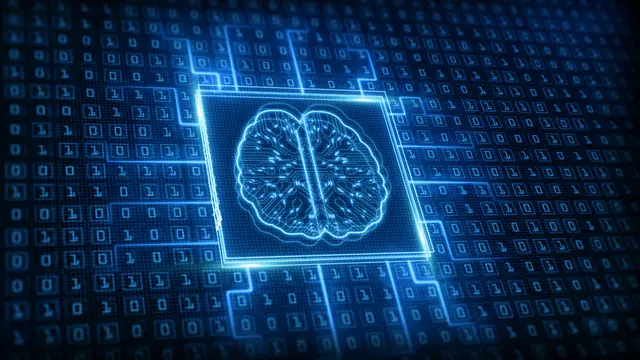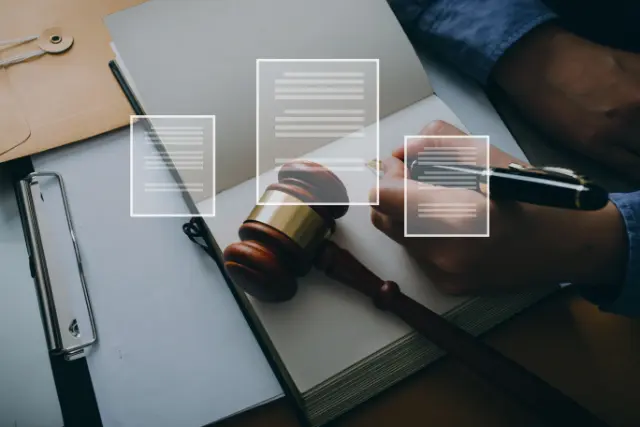Legal Documentation Automation: A Vital Tool for Streamlining Investment Processes
The investment industry heavily relies on legal documentation, making it crucial to streamline the drafting, reviewing, and management of these documents. Legal documentation automation using Python, AI, and cloud-based solutions offers a powerful solution to these challenges.
Challenges of Manual Legal Documentation:
- Time-consuming and error-prone processes
- Difficulty in maintaining compliance
- Lack of consistency and standardization
Benefits of Legal Documentation Automation with Python:
- Reduced turnaround time: Automating repetitive tasks frees up legal professionals, allowing them to focus on higher-value activities.
- Improved accuracy: AI-powered tools can analyze and identify potential errors, ensuring greater precision in document drafting.
- Enhanced compliance: Automated workflows enforce compliance protocols, reducing the risk of human error and non-compliance.
- Increased efficiency: Cloud-based solutions provide centralized access to documents, facilitating collaboration and streamlining the review process.

Python, AI, and the Cloud: A Powerful Trio for Legal Documentation Automation
Python, AI, and cloud platforms play a pivotal role in transforming legal documentation automation.
Python for Unattended and Attended Bots:
- Unattended bots: Python can develop sophisticated unattended bots that automate repetitive tasks such as data extraction, document generation, and compliance checks.
- Attended bots: Attended bots provide real-time assistance to legal professionals, offering context-aware suggestions and automating tasks based on user input. Python’s flexibility allows for highly customized and tailored attended bots.
Cloud Platforms for Enhanced Automation:
Cloud platforms surpass traditional RPA/workflow tools in terms of features and capabilities. They offer:
- Centralized document management: Cloud-based storage provides a single, accessible repository for all legal documents.
- Advanced orchestration: Cloud platforms can orchestrate complex workflows involving multiple bots and processes.
- Scalability and elasticity: Cloud resources can scale up or down as needed, ensuring seamless handling of varying workloads.
AI for Improved Accuracy and Edge-Case Handling:
AI technologies enhance the accuracy and efficiency of legal documentation automation:
- Image recognition: AI can extract data from scanned documents and images, reducing errors and saving time.
- Natural language processing (NLP): NLP can analyze and understand legal text, enabling automated document summarization and clause extraction.
- Generative AI: Generative AI can assist in drafting legal documents by generating clauses and templates based on established patterns.
By leveraging Python, AI, and cloud platforms, legal professionals can automate their documentation processes, reducing turnaround time, improving accuracy, and enhancing compliance.

Building the Legal Documentation Automation with Python and the Cloud
Automating legal documentation processes involves several key sub-processes:
1. Data Extraction:
- Use Python libraries like PyPDF2 and tabula to extract data from scanned documents and tables.
- Integrate with cloud OCR services for accurate text recognition.
2. Document Generation:
- Employ Python templating engines like Jinja2 to generate legal documents based on extracted data and predefined templates.
- Utilize cloud-based document editors for collaborative editing and version control.
3. Document Review:
- Implement AI-powered NLP tools to analyze legal text, identify inconsistencies, and suggest improvements.
- Integrate with cloud-based collaboration platforms for real-time feedback and approvals.
4. Compliance Checks:
- Develop Python scripts to compare documents against compliance regulations and industry standards.
- Utilize cloud-based compliance monitoring tools to track and enforce compliance protocols.
Data Security and Compliance in Investment:
- Encrypt sensitive data using Python encryption libraries.
- Implement role-based access controls and audit trails on cloud platforms to ensure data security and compliance.
Python vs. No-Code RPA/Workflow Tools:
- Python offers greater flexibility, customization, and integration capabilities compared to no-code tools.
- Python-based automations can handle complex edge cases and integrate with advanced AI technologies.
- No-code tools often have limited functionality and can be more expensive in the long run due to vendor lock-in.
Algorythum’s Approach:
Algorythum recognizes the limitations of off-the-shelf automation platforms and advocates for a Python-based approach. This allows us to:
- Tailor solutions to specific client needs and industry requirements.
- Leverage the latest advancements in AI and cloud technologies.
- Ensure data security and compliance through robust encryption and access controls.

The Future of Legal Documentation Automation
The future of legal documentation automation holds exciting possibilities for further enhancements:
- Blockchain Integration: Blockchain technology can provide a secure and immutable record of legal documents, ensuring their authenticity and traceability.
- Machine Learning (ML): ML algorithms can be trained on vast datasets of legal documents to improve the accuracy and efficiency of automated tasks.
- Cognitive Automation: Cognitive automation combines AI, NLP, and machine learning to enable bots to understand and reason like humans, further automating complex legal processes.
Subscribe and Connect with Us:
Stay updated on the latest advancements in legal documentation automation by subscribing to our blog.
For tailored solutions to your specific automation needs, contact our team at Algorythum. We offer free feasibility assessments and cost estimates to help you achieve your business goals.

Algorythum – Your Partner in Automations and Beyond
At Algorythum, we specialize in crafting custom RPA solutions with Python, specifically tailored to your industry. We break free from the limitations of off-the-shelf tools, offering:
- A team of Automation & DevSecOps Experts: Deeply experienced in building scalable and efficient automation solutions for various businesses in all industries.
- Reduced Automation Maintenance Costs: Our code is clear, maintainable, and minimizes future upkeep expenses (up to 90% reduction compared to platforms).
- Future-Proof Solutions: You own the code, ensuring flexibility and adaptability as your processes and regulations evolve.









